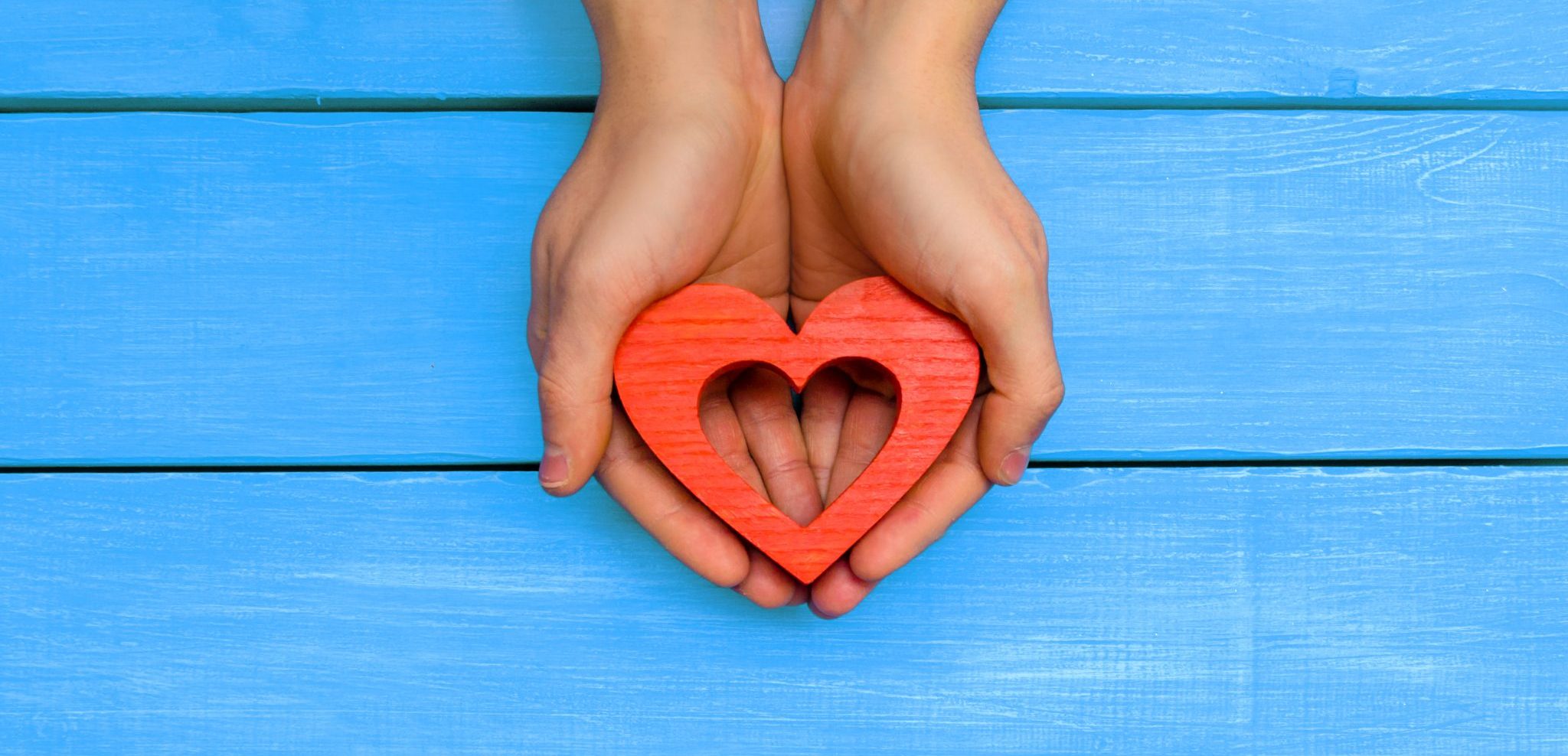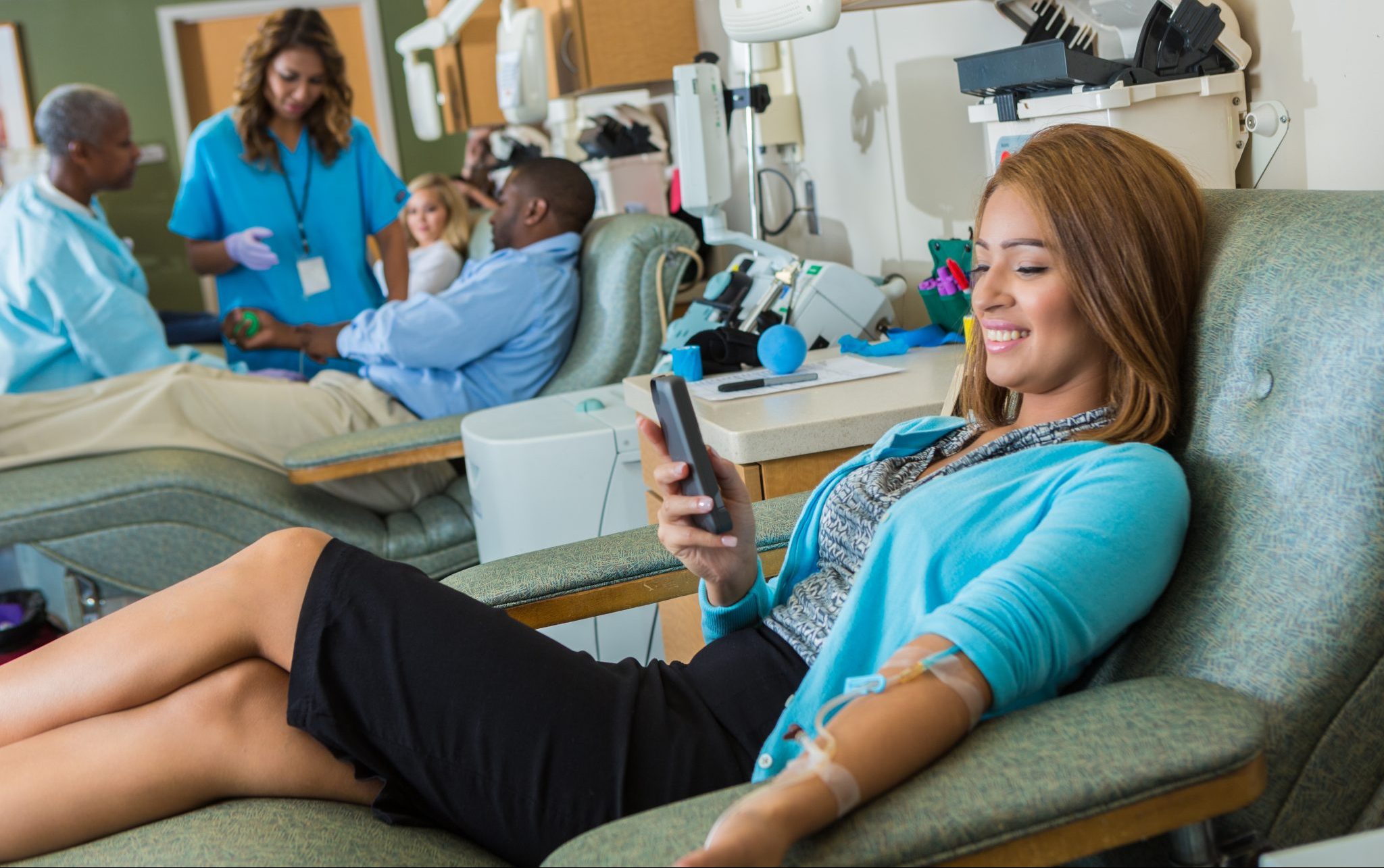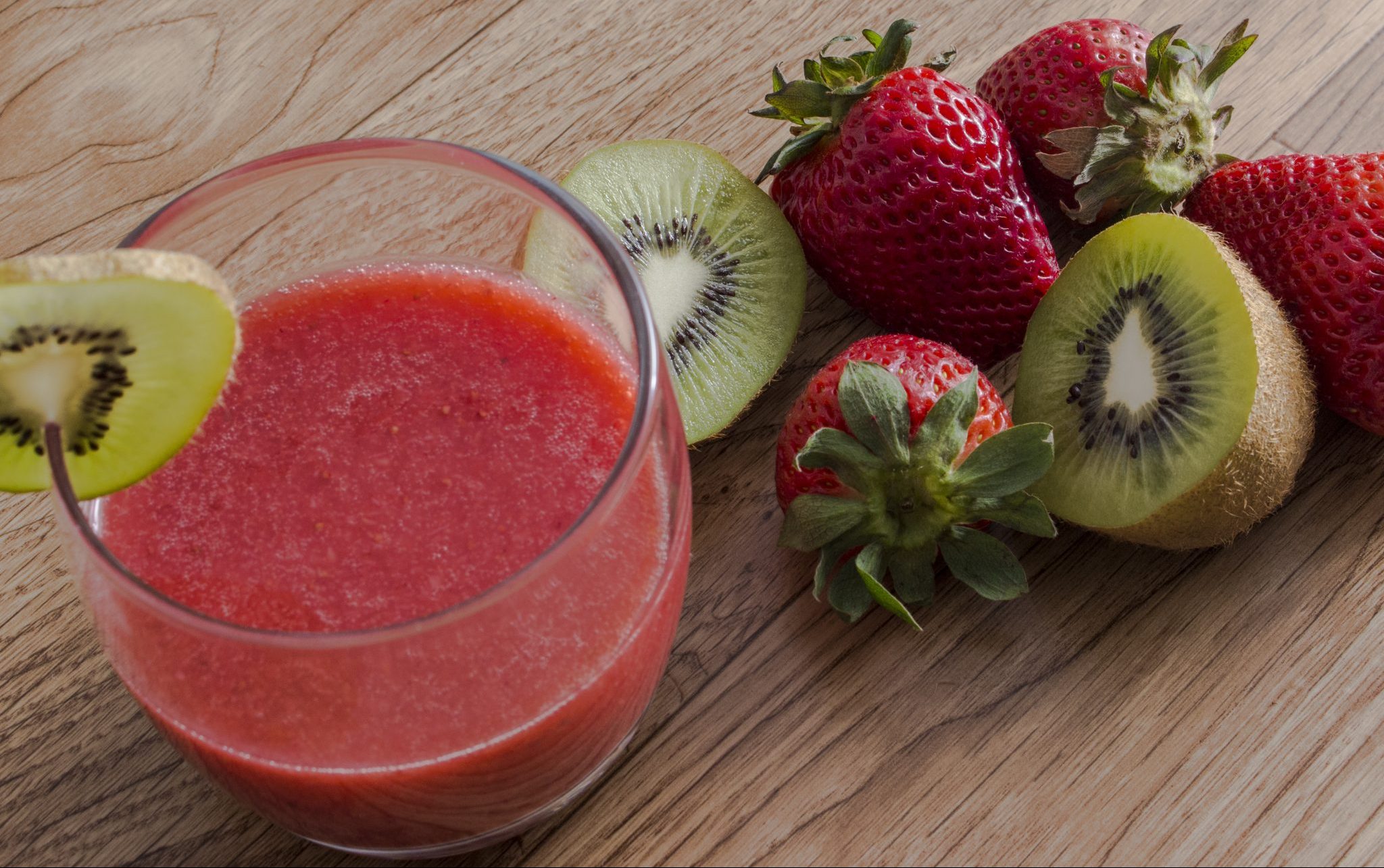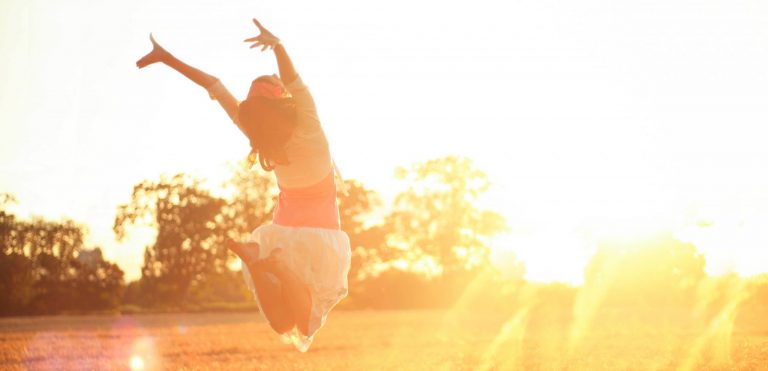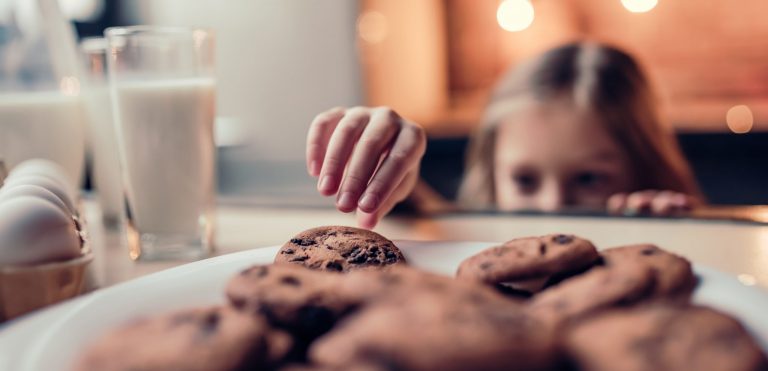Since 2004 on June 14, we have been celebrating World Blood Donor Day to raise awareness and thank volunteers for their noble action. I think, it’s a very powerful motivation to be altruistic and spend an hour in the community donor center. Your positive experience is the key to the whole procedure. It’s not only important to be well prepared but you also need to know what to eat after giving blood.
Donating is safe. All materials are sterile and used only once. You can’t get any infectious disease. Red cross and other donor centers supply hospitals and medical facilities in the community. Plus, you get a free physical check-up: pressure, body temperature, hemoglobin levels. Numerous health problems could be detected from these screenings.
Before
- Avoid fatty foods – burgers, ice cream, fries and even ‘good fat’ foods like avocados. Your sample will be tested for infectious diseases (HIV and hepatitis C). High fat foods affects test results for a couple of hours after the intake. In this case, your blood will be discarded. So, your effort will be for nothing.
- Increase the consumption of vitamin K the day before your procedure: broccoli, brussels sprouts, edamame, prunes. This vitamin assists in blood-clotting, improves insulin sensitivity and boosts brain function.
- Alcohol is a NO-NO at least 48 hours before your procedure.
- Drink plenty of water the day before.
- Rest up – get plenty of sleep (7-8 hours). You’ll need your energy.
During
- Sit and relax. Bring your friend along – you’ll distract each other and will double the positive outcome. Also, have your favorite music with you or watch an episode of your favorite show. It will make time fly by.
- Breathe. Breathing will calm down your nervous system and will enrich erythrocytes with oxygen.
- Save Lives. Feel happy about your altruistic act.
After
- You’ll spend 15-20 in refreshment & recovery area. Most likely you’ll get juice, cookies or other snacks.
- It’s important to not only eat foods rich in vitamins and minerals after giving blood, but you should also drink extra fluids for the next 2 days.
- Avoid smoking and alcohol for 24 hours.
- No heavy lifting or vigorous cardio for 24-48 hours. You can take long walks and do yoga or gentle stretches.
- On top of the list of foods to eat after donating blood should be products rich in iron : fish, poultry, lean meat, black beans, spinach, asparagus, eggs. Iron helps hemoglobin production. It is also very important in the healing of injuries to the soft tissues and helps break down protein and promotes growth.
- Vitamin B12 is essential for the development of red cells and promotes nerve cell regeneration. Mushrooms are packed with B12 as well as sardines, lamb, feta cheese, cottage cheese, eggs and nutritional yeast are excellent sources of this fundamental vitamin.
- Nuts – enrich your body with vitamin B-6 and folate. You can choose peanuts, almonds, cashews and walnuts. For example, a handful of cashews have high content of protein and carbohydrates compared to other nuts.
- Foods rich in vitamin C are recommended to eat after donating blood which will increase iron absorption.
Fresh is best
Removing red cells removes iron from your body which helps to carry oxygen. What you eat after blood test will accelerate your recovery. You could prepare juices at home which are potent and quickly absorbed. Juices provide instant nutrition – healing, energizing, revitalizing and generating healthy growth.
Throw some spinach and lettuce in your juicer then add orange or other fruit rich in vitamin C. You could also simply make kiwifruit juice. Just one kiwi contains enough vitamin C for the recommended daily intake and moderate amount of iron. Pair kiwi with strawberry and you’ll even increase the iron content.
Proper preparation and post-procedure steps contribute to a successful donation. If you feel great afterwards, you’ll tend to look forward to giving again. Feel good about yourself because your contribution might save up to three people.

